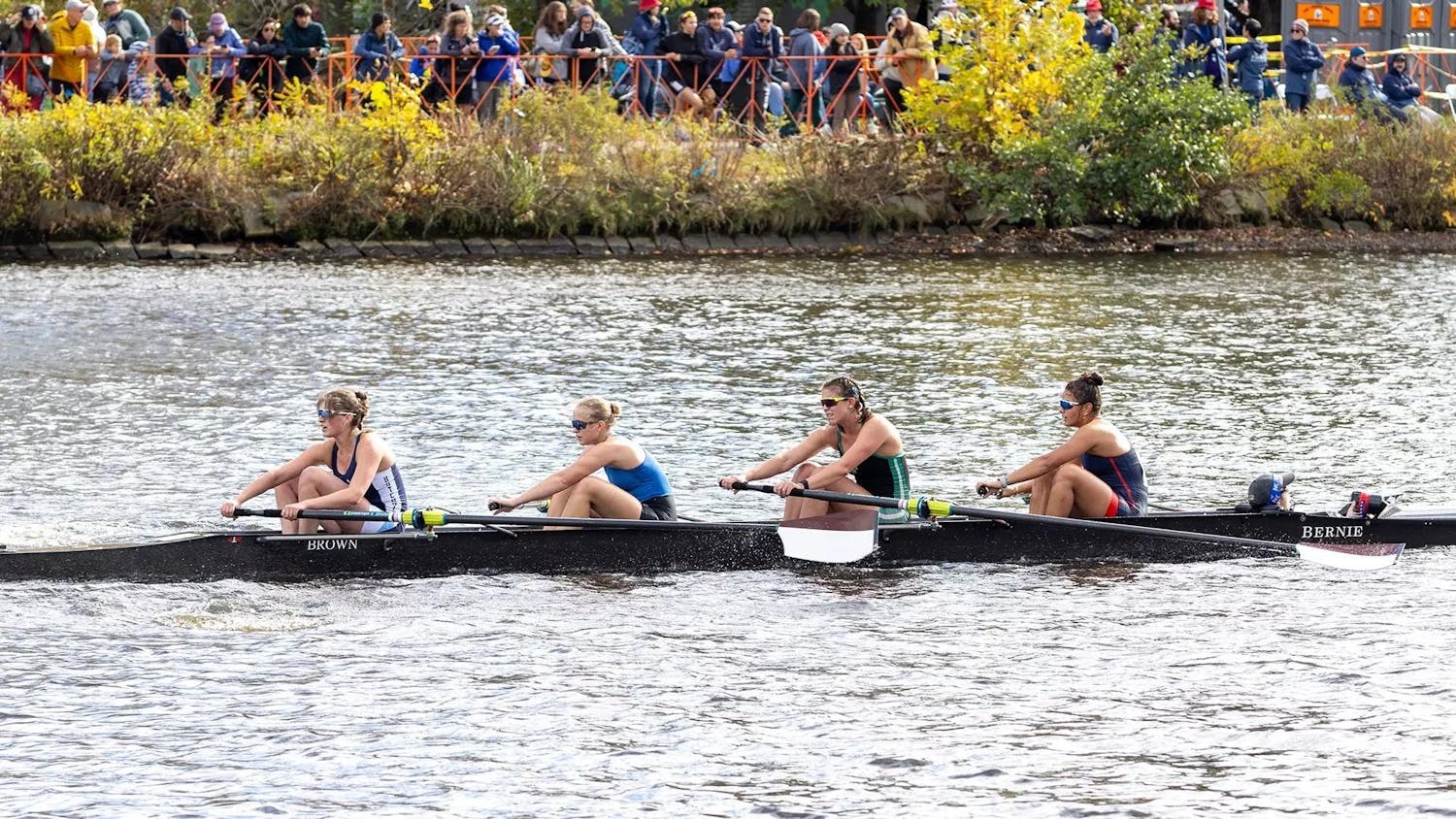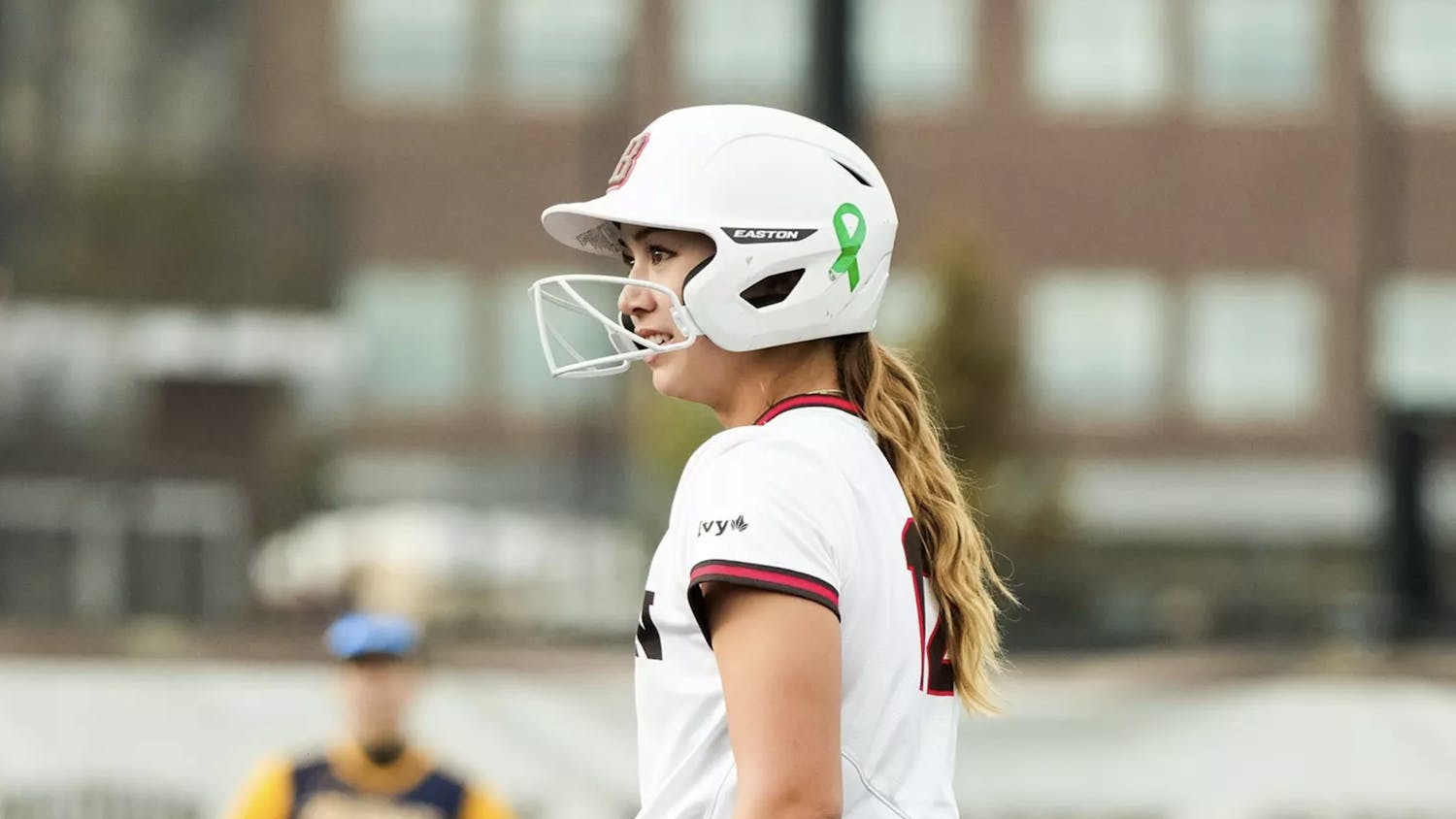The past year of professional squash has exhibited perhaps the most exciting play ever. With more countries represented in the world’s top 20 players than at any time in recent memory, tournament matches have reached unprecedented popularity.
An aspect of top-level squash that has evolved over the past decade is players’ ability to retrieve shots and hit quality returns. As a result, each individual point is harder to win by conventional means: moving the opposing player out of position before finishing with a winning shot. Recently, players have been opting more and more to try to win points with dubious tactics, either by asking for questionable penalty strokes — fishing — or by subtly obstructing their opponents’ path to the ball — blocking. Both fishing and blocking are becoming serious problems in professional squash, with ripple effects throughout college and junior squash and on squash’s bid for the Olympics in 2020.
Traditionally, Egyptian players have been notorious for blocking and fishing, as seen in the quarterfinal of the Windy City Open last month. The match between Egyptians Marwan El Shorbagy and Karim Gawad was essentially unwatchable because of the amount of blocking and fishing. After the first set, the match became static, as almost every point stopped for a let, which is a stoppage in play to appeal to a referee.
With the Professional Squash Association’s newly implemented three-referee system, each stop in play slows the pace of the game immensely. This makes matches boring for spectators and difficult for players, as they have to start and stop playing abruptly. It also takes focus from the skill and competition that each match exhibits and directs that attention to the jawing that takes place between players and officials. These cheap techniques are by no means limited to the Egyptians.
The only player in squash who has attracted popularity through his dialogues with referees is Jonathon Power, whose wit and pure talent drew fans to him. But there have been no players since Power who have been entertaining with the referees. Recently, players’ interactions with them have been irritating to watch.
Gregory Gaultier of France may have put on the most egregious display of blocking in his loss against Colombia’s Miguel Angel Rodriguez in January’s Tournament of Champions. In that match, the combination of sloppy, lethargic play from Gaultier and Rodriguez’s stellar retrieving put Gaultier in a mode of desperation in which he tried to block and fish in nearly every point because he could not win points conventionally. Fishing and blocking are cheap ways to win points, and few referees reward players for chippy techniques.
The techniques of fishing and blocking have become so common in professional squash that they now pervade the college and junior levels. Coaches have even started developing young players by teaching them blocking as a legitimate technique. There are situations in squash matches when blocking can be done cleanly, such as shutting out an opponent after a loose ball, but the kind of blocking that has appeared in professional squash lately has mostly been chippy. Some defend these techniques by equating them to drawing fouls in basketball or framing pitches in baseball.
I see them differently, similar to the flopping and diving that has turned so many off from soccer. The degree to which referees have become involved in professional squash matches has deterred not only fans and spectators but also officials from the International Olympic Committee. One of the criticisms the IOC has levied against squash in its opposition to bringing the sport to the Olympic level is that the referees are too involved in a non-judged sport.
Unfortunately, the problem of blocking and fishing will not be solved by masses of fans, amateur players or referees. Professional players set the trends that the rest of the sport follows, so they must be the first to realize the effect that their style of play has on the sport. If, as a group, professional players can adjust the way they play, their style can spread throughout the college and junior ranks and shift the IOC’s perception of the sport.
Charlie Blasberg ’18 can be reached at charles_blasberg@brown.edu.




